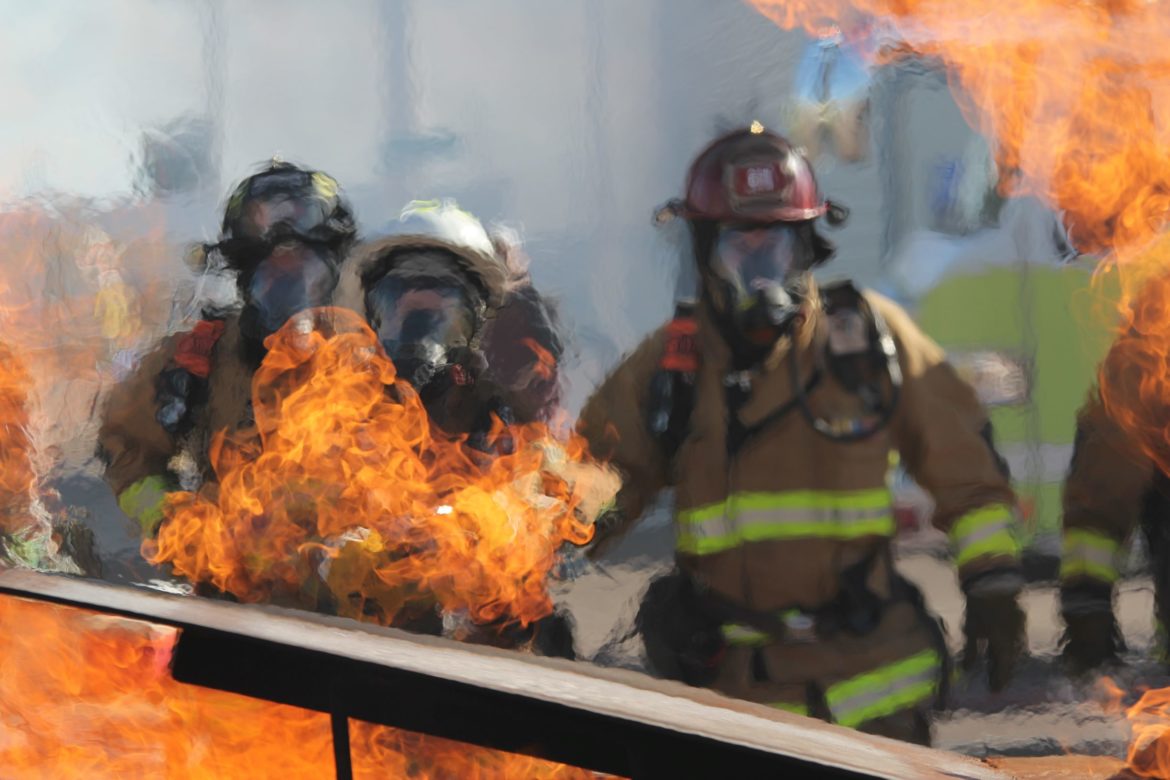Two medications that are often prescribed together have been shown to be a potentially dangerous combination. Benzodiazepines and opioids, a sedative and a pain relief drug, are now known to be a risky cotreatment. The two medications together may be abused, be misused, or lead to overdoses with deadly results. A recent study linked the two prescription drugs to mortality among a number of patients.
Opioids for Pain
Even though opioids tend to be associated with illegal drugs, there are many prescription opioids designed to relax the body and relieve pain. Opioids are generally prescribed for moderate to severe pain, and occasionally for coughing and diarrhea. Common prescription opioids include Vicodin, OxyContin, Percocet, morphine, codeine, and fentanyl.
Benzodiazepines for Sleep
The prescription medication benzodiazepine works to calm or sedate an individual and is used to treat anxiety or insomnia. The medication in benzodiazepines works by raising the level of an inhibitory neurotransmitter in the brain. Common prescription benzodiazepines include Valium, Xanax, and Klonopin.
Risky Co-Prescriptions
According to the National Institute on Drug Abuse (NIDA), over 30 percent of the overdoses involving opioids also involve benzodiazepines. The Centers for Disease Control and Prevention (CDC) issued guidelines in 2016, recommending that healthcare providers avoid prescribing benzodiazepines at the same time as opioids whenever possible. In addition, prescription opioids and benzodiazepines now have FDA “black box” warnings that highlight the dangers of using these drugs together.
Link to Mortality
A study of patients who were prescribed both opioids and benzodiazepines as part of a cotreatment found that the combination was linked to mortality rates among those patients. The study also found that, even though opioid use has remained steady in recent years in the US, these co-prescriptions have continued to increase.
One of the researchers, Kevin Y. Xu, MD, MPH, of the department of psychiatry at Washington University School of Medicine in Missouri, along with his colleagues wrote in the report that “When benzodiazepines are alone taken, long-term use is associated with falls, cognitive impairment and life-threatening withdrawal. When taken together with opioids, benzodiazepines can further suppress breathing, a common cause of death from opioid overdose.”
The researchers found that up to 13% of US adults have reported benzodiazepine use in the last year, with ambulatory benzodiazepine prescriptions more than doubling in the last decade. 20% to 30% of all benzodiazepine recipients in the US are estimated to also have a prescription for opioids. They re-emphasized that more than 30% of the opioid overdose deaths have been found to involve benzodiazepines.
Younger People at Greater Risk
An increased mortality risk in patients younger than 65 was found as part of the study as well. In fact, in their study, the researchers found no increased risk of death associated with cotreatment in patients over the age of 65. The increased risk was also present in patients under 65 who received benzodiazepines without opioids. The researchers stated that this may be associated with the surging drug poisoning-related mortality that disproportionately affect the younger generations in the US.
Recommendations for Healthcare Professionals
Xu and his co-researchers wrote that “Concerted efforts by physicians, scientists and policymakers are warranted to decrease overprescribing of these medications, identify patients at elevated risk and ultimately implement targeted interventions.” In addition, the increase in benzodiazepine prescriptions has clinical relevance in a world that is seeing an opioid overdose epidemic and declining life expectancies.
The study found that benzodiazepine use, with or without opioid use, has been associated with double the mortality risk of that seen in the use of low-risk antidepressants. The results of their research, which involved study of 5212 individuals from a large, nationally representative data set, show that benzodiazepine and opioid cotreatment may confer an increased long-term mortality risk.
Get Help for Your Addiction at South Miami Recovery
Overcoming an addiction to opioids and benzodiazepines is not easy. At South Miami Recovery, we are here to help you get started on your recovery. You deserve to enjoy true freedom from active substance dependency, so you can live a healthier life. During the COVID-19 pandemic, we want you to stay safe and healthy, so we offer HIPAA-compliant telehealth services to help you get the treatment you need now. To learn more and to sign up for telehealth substance abuse services, contact us today. Call South Miami Recovery at 305.661.0055.

